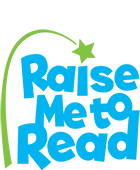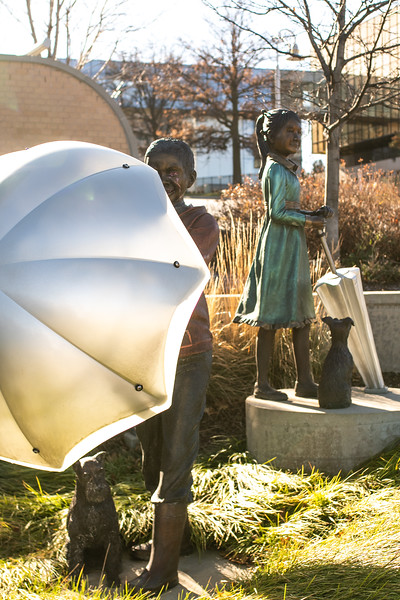About Us
Metro-Omaha Raise Me to Read
A collective impact initiative that values parents as the most important teachers of their children & has as its focus early literacy, school readiness, reading at grade level, attendance, out of school learning & interlaced strands of community supports.
Our Story
In order to join the Campaign for Grade Level Reading, an initiative must create and submit a Community Solutions Action Plan (CSAP) for review. The link to our complete document is below.
At our campaign announcement in July 2019, we used the marvelous story
THE THREE QUESTIONS by Jon J. Muth (inspired by a Leo Tolstoy story)
to describe our work.
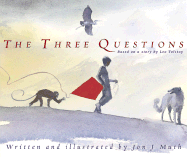
WHEN IS THE BEST TIME TO DO THINGS?
The only important time is now. Now is the time to align all systems to ensure that children are able to read by third grade, that they hold and hone their learning out of school, and that they show up in all aspects of their lives.
WHO IS THE MOST IMPORTANT ONE?
The most important one is the one you are with. Our families and communities will come to understand the imperative of early literacy, discuss it out loud and often, and embrace the change in life-trajectory literacy will create for our children.
WHAT IS THE RIGHT THING TO DO?
The right thing is to do good for the one who is standing at your side. The already marvelous “good-doing” occurring in this community will shift from reacting to responding, focus on individual assets, and fill any discovered gaps in services so all in our community find themselves safe and secure.
Raise Me to Read Goals
SCHOOL READINESS:
Increase number/percentage of children ready for kindergarten as measured by an appropriate evaluation tool.
OUT OF SCHOOL LEARNING:
Increase the number/percentage of children who demonstrate evidence of sustained or improved reading proficiency from one year to the next.
SCHOOL ATTENDANCE:
Increase the number/percentage of preschool – third-grade children who are present in school 95% of school days.
GRADE LEVEL READING:
Increase number/percentage of children who are reading proficiently by the end of third grade.
INTERRUPTING CHILDHOOD & GENERATIONAL POVERTY:
Increase number/percentage of children 5 and under who are living above the poverty level.
Recognition
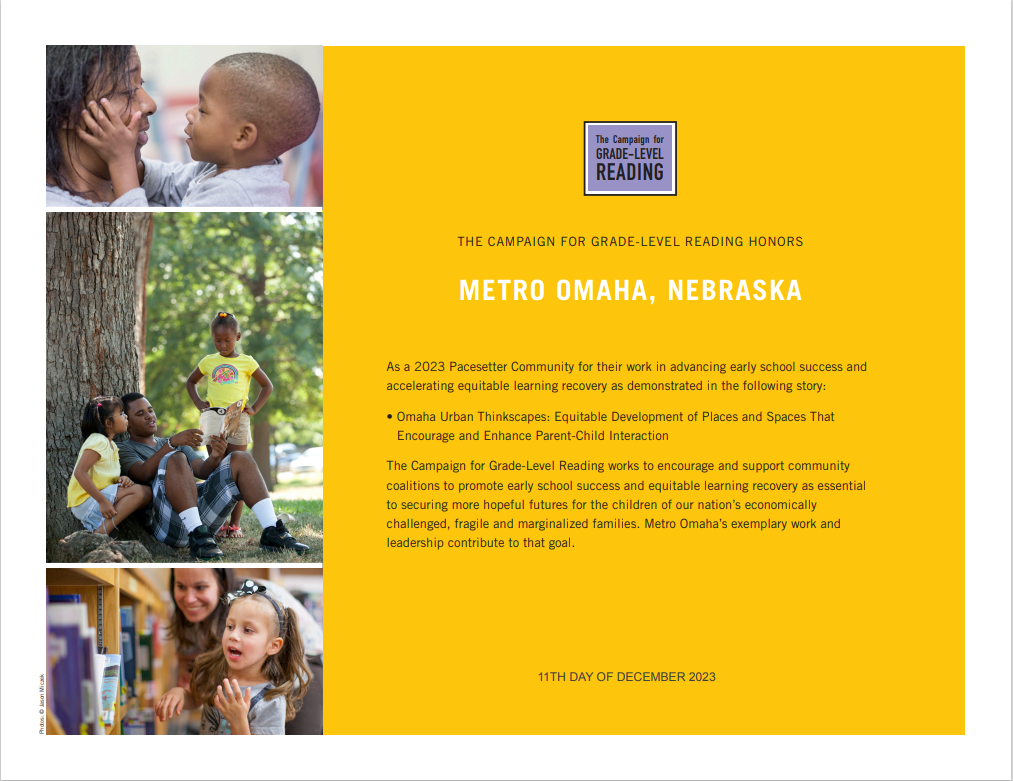
2023 Campaign for Grade Level Reading Pacesetter Award, Communications Award, and Bright Spot Award
Metro-Omaha Raise Me to Read received landmark awards from the Campaign for Grade Level Reading. The Pacesetter was for development of Equitable Development of Places and Spaces that Encourage and Enhance Parent-Child Interaction.
The Comms Award was for Service Learning, Maverick PR, and Strategic Writing with University of Nebraska Omaha students: Reciprocal Relationship: Shared Messaging With a Key Demographic; Shared Meaning Developing Creative Works.
The Bright Spot award was shared with SW Iowa RMtR for building this joint website and a joint project for Read for the Record with assistance from University of Nebraska Omaha’s Maverick PR: Shared Motivation: Southwest Iowa and Metro-Omaha Raise Me to Read Collaborate to Achieve Both Common and Discrete Messaging to the Larger Community.
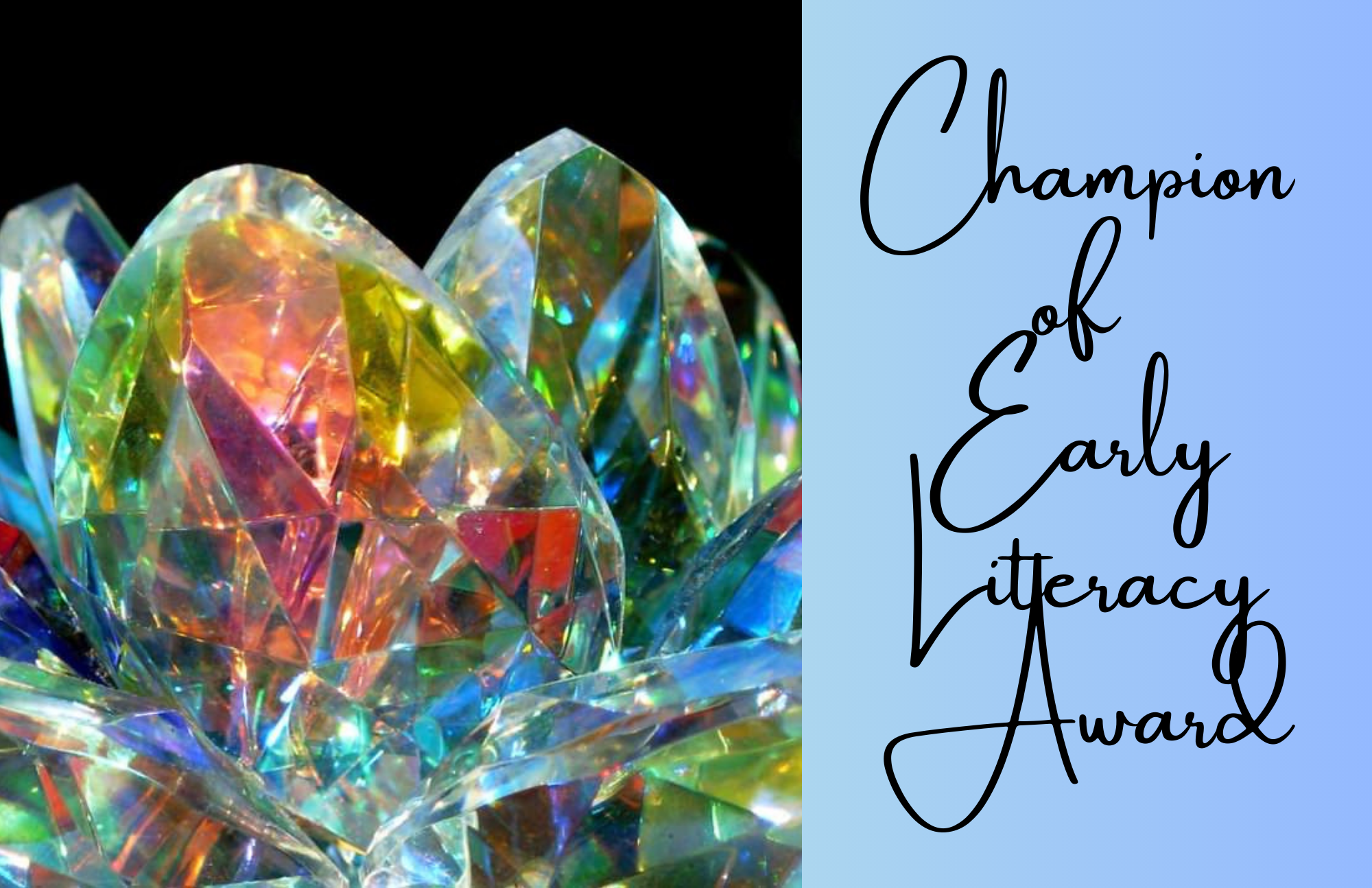
The Metro-Omaha Raise Me to Read Champion of Early Literacy Award recognizes those who support early literacy through advocacy, action, and research accomplishments. Recipients have engaged in efforts which foster community wide understanding of all facets of literacy, especially including the essential nature of parent-child interactions from birth to five.
This award focuses on the unique parent-child relationship, the arc of support required for achievement and lifelong success includes:
Establishing meaningful relationships that help students attend school and learn how to overcome barriers to attendance.
Encouraging effective after school programming and natural out of school learning opportunities.
Ensuring that students are ready to learn when they come to school and that they remain at grade level in reading.
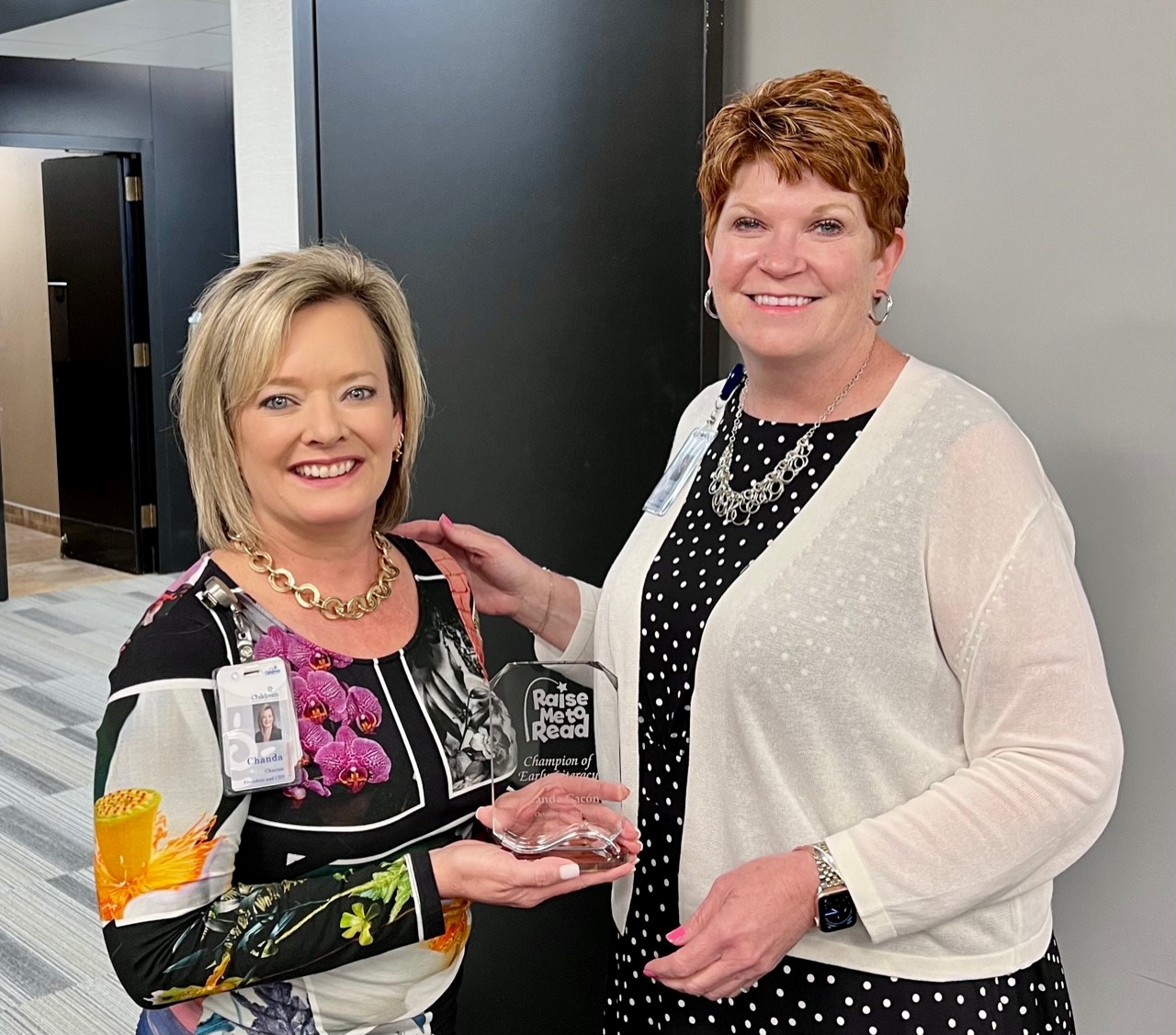
CHANDA CHACON
President and CEO Children’s Hospital.
(Pictured here with Megan Connelly)
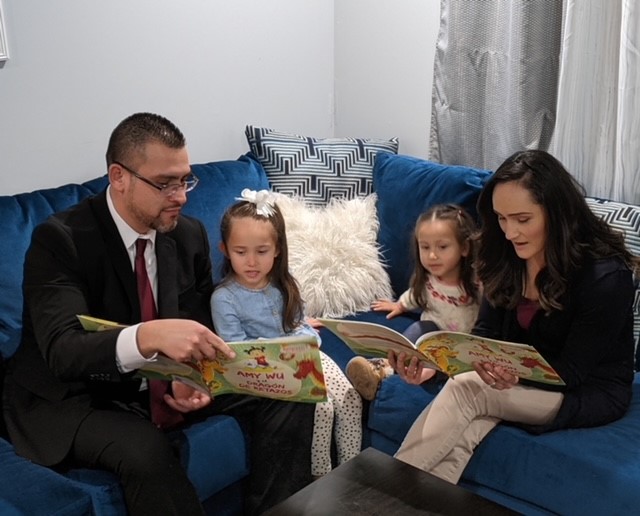
ROGER & YANIRA GARCIA
& FAMILY
Roger ~ Douglas County Board; Yanira ~ First National Bank of Omaha
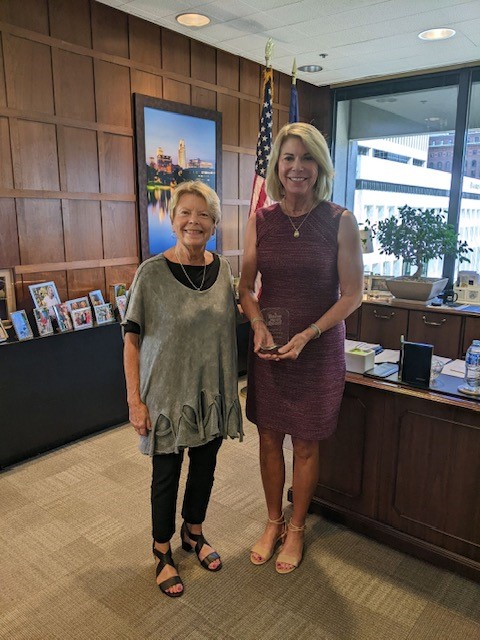
JEAN STOTHERT
Mayor, City of Omaha
(pictured here with Martha Bruckner)
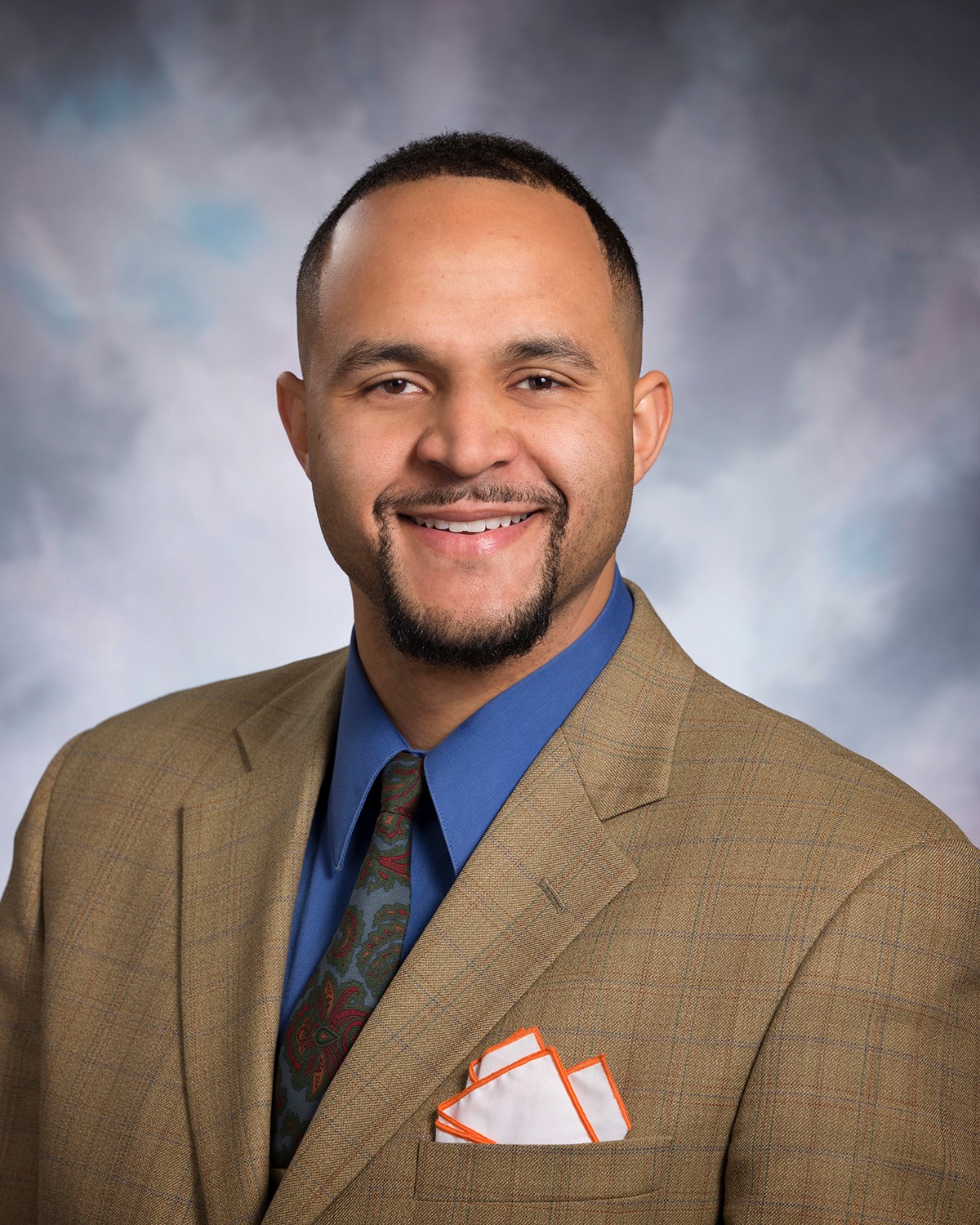
DR. BRADLEY EKWEREKWU
Chief Executive Officer ~ Learning Community of Douglas and Sarpy Counties
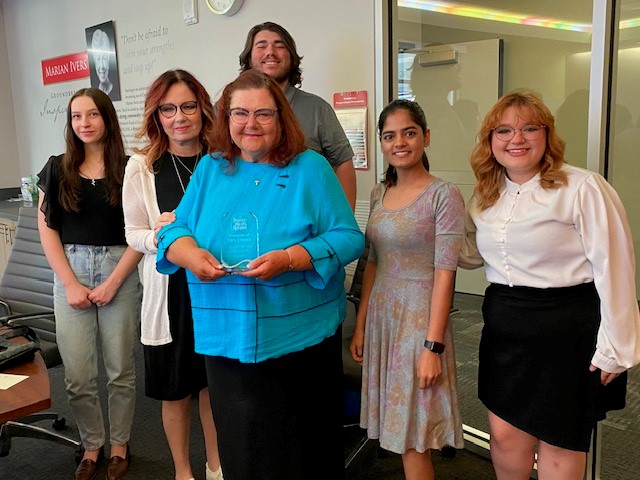
KAREN WEBER & MAVERICK | PR
Lecturer ~ UNO College of Communication, FIne Arts, and Media; along with current Maverick PR Student Leaders
(pictured here with Kate Knudsen)
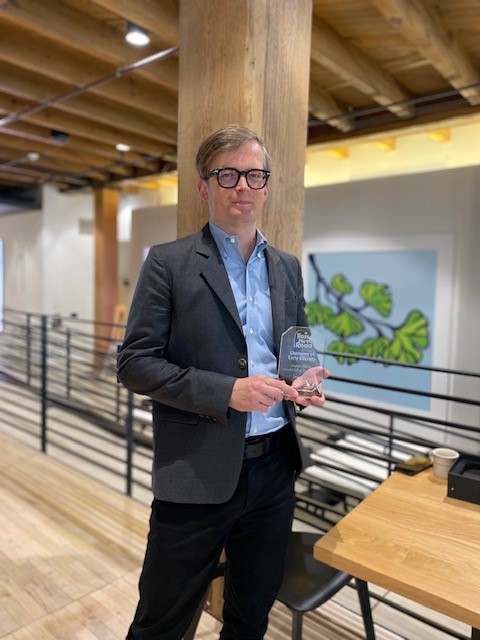
STEPHEN OSBERG
Paul G. Smith Associates and founding member of Omaha Urban Thinkscapes

ANGIE MILLER
& MARIE KOVAR
DIBS for Kids Executive Director and Director of School Support
(pictured here with Kate Knudsen)
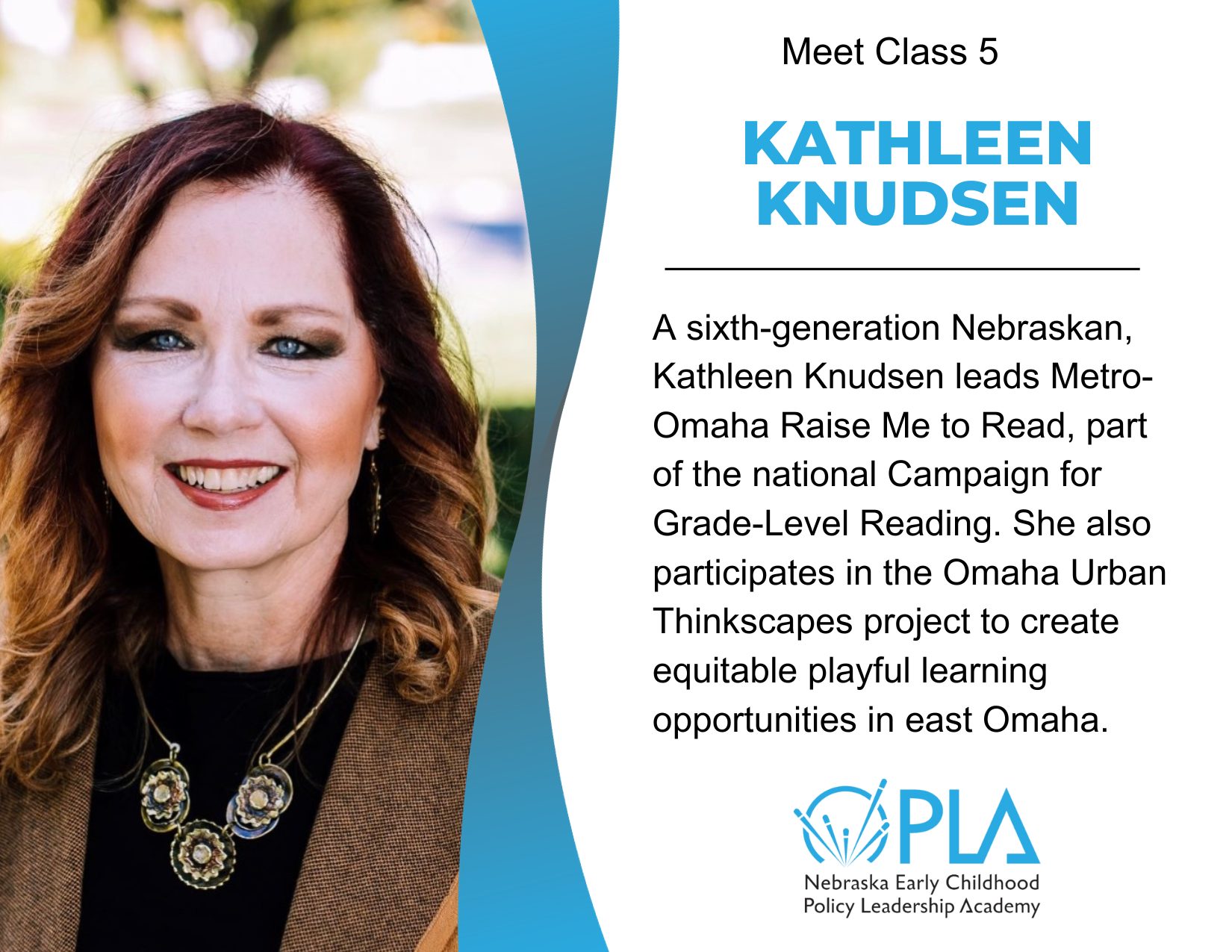
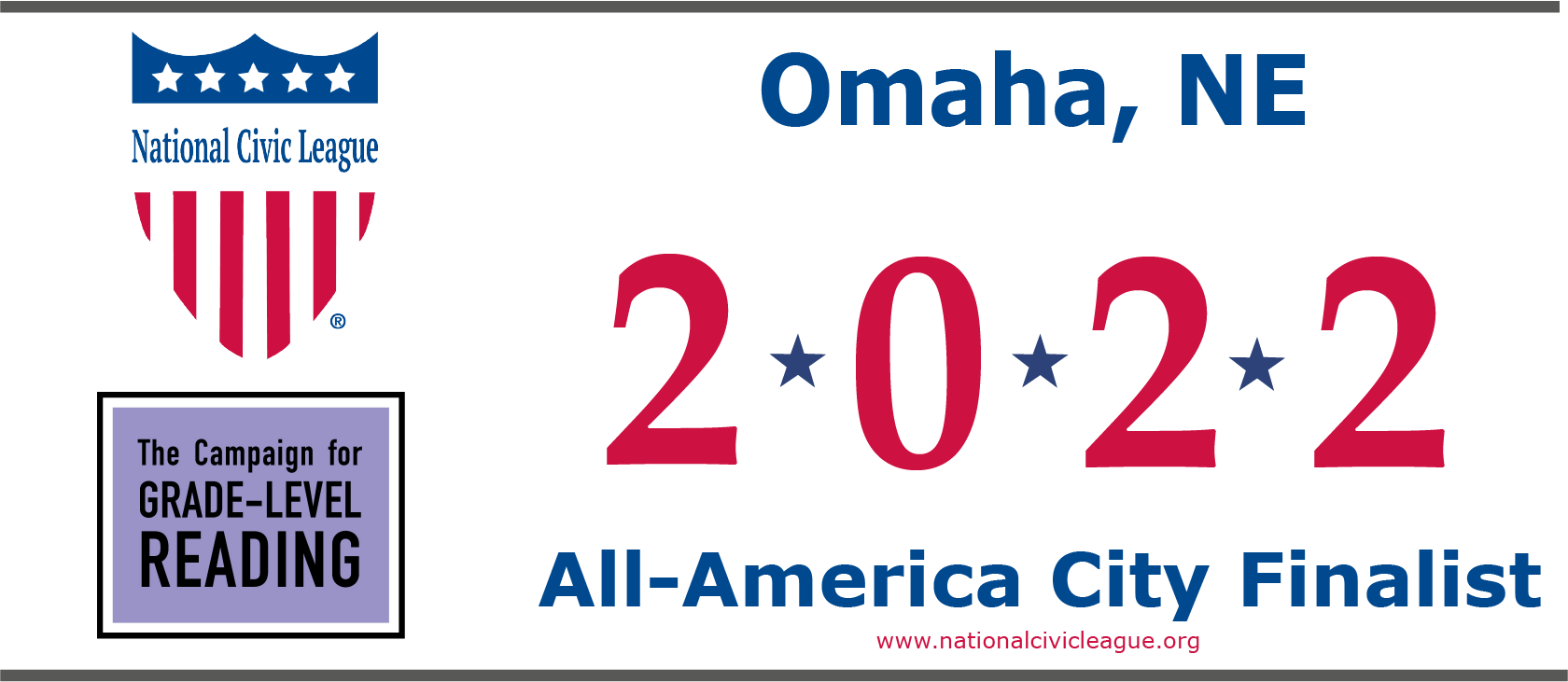 Omaha was named a finalist in the 2022 All America City competition – based on our community’s work to support affordable housing which, in turn, supports efforts to increase early literacy.
Click Here
Omaha was named a finalist in the 2022 All America City competition – based on our community’s work to support affordable housing which, in turn, supports efforts to increase early literacy.
Click Here

Metro-Omaha Raise Me to Read earned a “Bright Spot” award for writing several articles regarding the marvelous and varied reactions and responses in which Metro-Omaha School Districts and Entities engaged.
WASHINGTON, D.C., APRIL 30, 2021. The Campaign for Grade-Level Reading (CGLR) announced yesterday the 54 communities that are Bright Spots for their responses to the COVID crisis last year.
Specifically, CGLR is highlighting communities that developed exemplary or innovative responses to the COVID crisis, including new or adaptive roles, programs, organizational relationships, collaborations, policies and/or resources. In particular, CGLR is recognizing communities for crafting solutions that seem especially effective, replication-worthy and/or deserving of being sustained during the post-COVID period.
 Light of Wellness Award
Light of Wellness Award
The Wellbeing Partners select those working in the community to support mental and physical health and wellness. The “Wellness Inspiration Award” for work in screening the documentary RESILIENCE – The Biology of Stress and the Science of Hope to weave the understanding about Adverse Childhood Experiences and toxic stress throughout the community.
Our Data
With supporting work from our backbone Metropolitan Omaha Education Consortium (MOEC), and the Center for Pubic Affairs Research at University of Nebraska Omaha (UNO), Raise Me to Read curates data including Kindergarten Readiness, 3rd Grade Proficiency, and Attendance. Metro-Omaha RMtR has also worked with a UNO Mathematics class in Statistics (with the Service Learning Academy at UNO) to overlay poverty, income, adult education level and red-lining with student achievement and attendance. We are planning to complete this pictorial overlay with the addition of Adverse Childhood Experiences data in collaboration with The Wellbeing Partners. COMING SOON: Formative Data
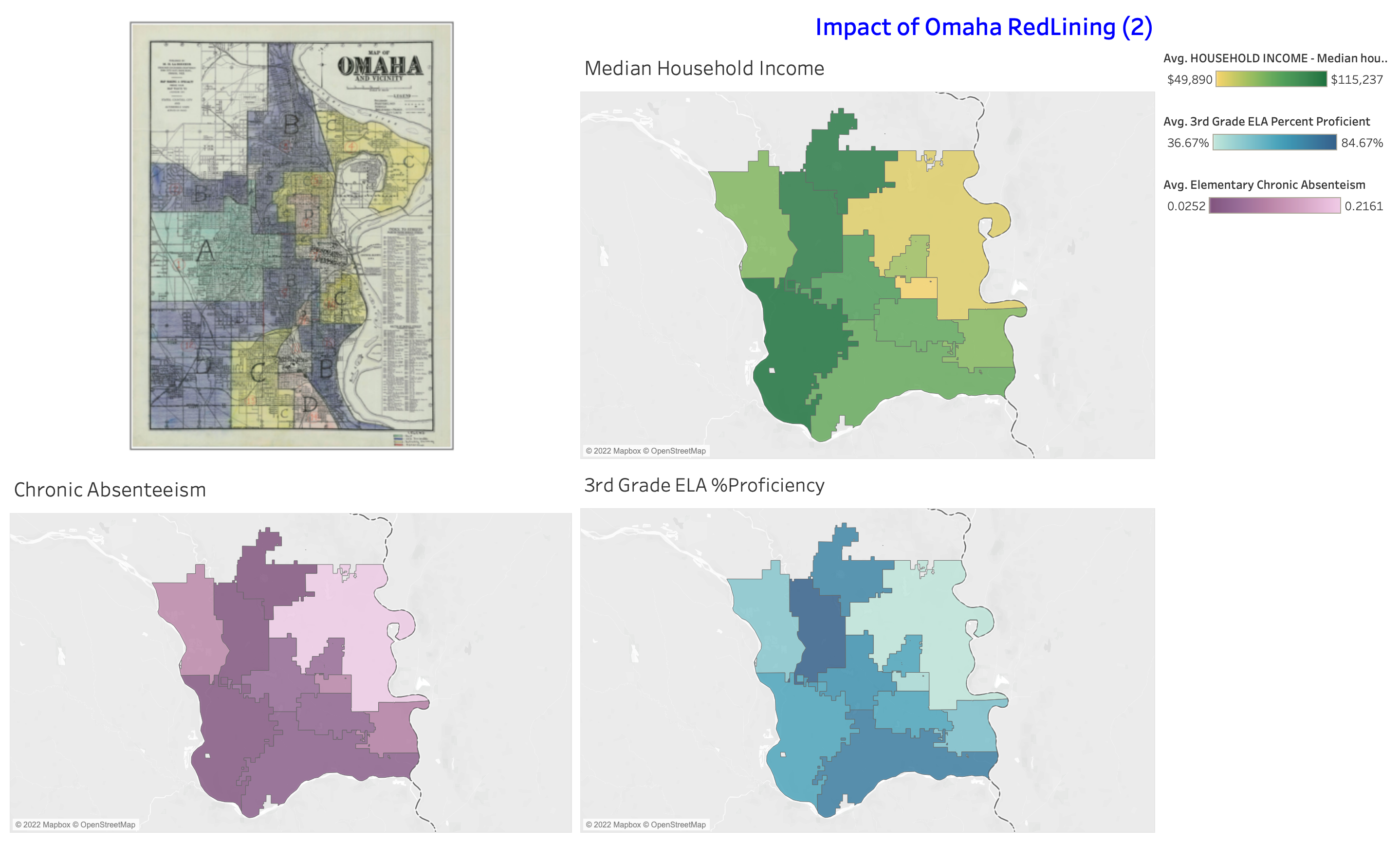
Past Red-Lining and Recent Household Income, Absenteeism, and Proficiency
University of Nebraska Omaha (UNO) Service Learning Academy, Department of Mathematics in the UNO College of Art & Sciences, and Metro-Omaha Raise Me to Read worked together with a Statistics class to visually layer and realize Metropolitan Omaha Education Consortium, Nebraska Department of Education, and Census data over an Omaha area Red-Lining map. Professor Becky Brusky notes that “most Non-STEM students are apprehensive about taking GenEd Math classes. When coursework is combined with community partner projects, students know their work will have a significant impact. In our new course, students work with community partners to apply statistics, build data visualizations and bring valuable insights to their community partners”.
Community Data
Many Metro-Area entities plan and compile data relating to child, family, and community success. See labels and links below.
Our Partners
Metro-Omaha Raise Me to Read has as its backbone the Metropolitan Omaha Educational Consortium (MOEC), and our partners include the Learning Community of Douglas and Sarpy County, United Way of the Midlands, and the College of Education, Health, and Human Sciences. We are part of the Campaign for Grade Level Reading, and we share an Advisory Board with Southwest Iowa Raise Me to Read. The Advisory Board is comprised of cross-discipline and cross-community experts.
MOEC and Metro-Omaha RMtR are housed in the University of Nebraska Omaha Barbara E. Weitz Community Engagement Center.
See the link below of a MOEC Ambassadors project.
![]()

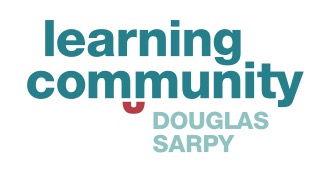


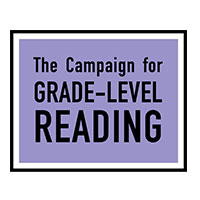
Our Leadership
Our small team receives public relations support from Maverick|PR, a student run firm at the University of Nebraska Omaha. Maverick|PR is an award winning member of Public Relations Student Society of America (PRSSA).
Website creation and Community Advertising is supported by a dedicated RMtR team from United Way of the Midlands.
Dr. Terry Haack
Executive Director, Metro Omaha Educational Consortium (MOEC)
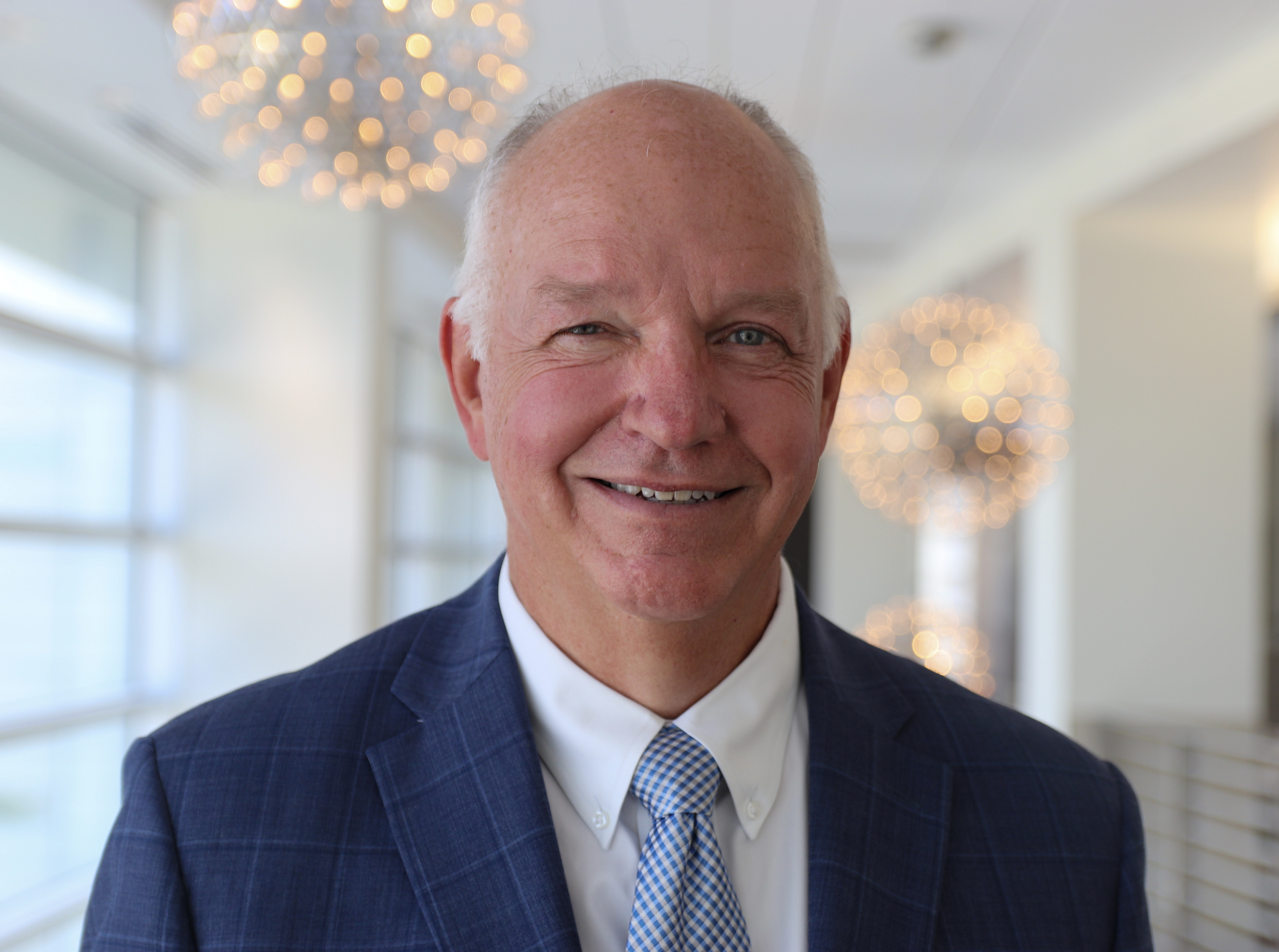
Raised in a family of educators, Dr. Terry Haack followed this career path and became a high school physical education and science teacher. In his decades of work as an educator, he rose through the ranks and worked as an assistant principal and principal. He then spent 19 years as superintendent of the Bennington Public Schools before his retirement at the end of the 2022-2023 academic year.
However, instead of taking it easy, Haack has stepped into the role as MOEC’s new executive director. He brings an impressive resume to this leadership role, including the title of Superintendent of the Year.
Haack attributes his award, which he earned in 2021, to the outstanding work of the Bennington Public School administrators and community. He views the award as proof of the hard, collaborative work across the district.
“Nobody wins an award alone,” Haack says. “There were a lot of great people… It is a recognition of what Bennington Public Schools has accomplished over the years. This means you had to have school board members work in collaboration with the administration, and obviously, you had to have great teachers helping a very supportive community achieve at a high rate. I attribute that to a lot of people collaborating and working hand in hand.
His experience as a leader and collaborator fits well into his executive director position. No stranger to MOEC, Haack has been a part of the organization since 2007 as a member of the steering committee, which has developed many initiatives to benefit students.
“I have seen and been a part of the history of many of the initiatives, work groups, and task forces that are a part of MOEC as they have developed, and as they have worked for the betterment of education,” Haack says.
However, despite his previous work with MOEC, Haack notes that his role is very different than his previous experience. As superintendent, Haack was responsible for over 4,000 students, 8 different schools, and nearly 500 employees. At MOEC, he serves in more of a facilitator/guidance role.
“With well over 100,000 students and a multitude of buildings within those 12 school districts and having three employees,” he says, “there is less of a day-to-day operational responsibility and more of a collegial collaborative responsibility.”
Now with less of a directorial role, Haack stresses the importance of collaborating with those in MOEC and the communities that fit within its guidance.
“The collective impact benefits the whole metropolitan area,” Haack says, “and to a certain extent, the state – state of Nebraska and the state of Iowa. If we can collaborate, it shows the ability for others to collaborate.”
Haack says this type of collaborative work can benefit issues such as student attendance, teacher retention and other common problems found in education. Reaching out and learning from one another how to tackle these prominent issues found in every district can result in finding the best ways to solve these problems together.
“So, if we talk about similarities with some of our concerns such as attendance, “ he says, “we can take bits and pieces of that, better our own entity and better the metropolitan area.”
Haack hopes to guide MOEC to solve issues across the metro for the betterment of education. His leadership should guide MOEC to heighten each community’s value and the importance of education.
“There are certainly a lot of environmental and life circumstances that will either support or maybe become a simple barrier or a door that needs to be opened,” Haack says.
“Education is the key to opening many of those doors.”
“Education is something that rarely dissipates. –“You may be a great athlete, but over time, those skills may be diminished. You may be good and great at something, but your ability to read, write, calculate, communicate, and collaborate with others tends not to dissipate. These abilities only strengthen with the scaffolding of education.”
When Haack is not collaborating with his fellow educators in MOEC, he enjoys spending time with his family and friends, especially his grandchildren. He and his wife, Theresa, love to garden, walk their dog, Ruby and visit with family and friends. An avid sports fan, he enjoys fishing and hunting when time allows.
Kathleen Knudsen, M.S.EdAd
Facilitator, Metro Omaha Raise Me to Read
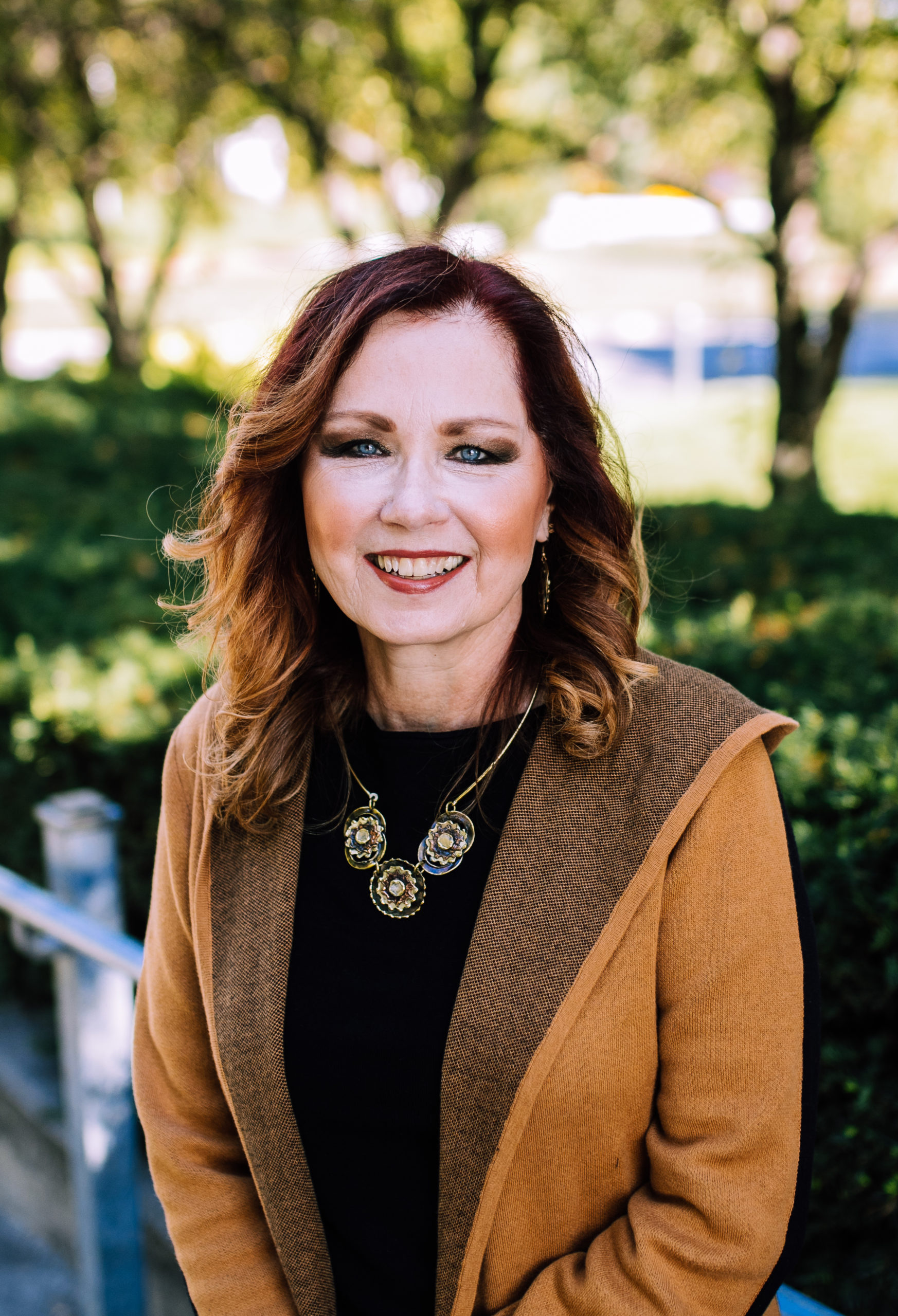
Kathleen Knudsen understands the importance of a positive, engaging influence on a child. As the facilitator for the Metro-Omaha Raise Me to Read Campaign for Grade Level Reading initiative, she works to ensure that families understand the importance of engaging with children early and often because parents are the most important aspect of their child’s brain and behavior development.
Knudsen’s work is multifaceted. She reviews research regarding early childhood development, raises awareness on the impact of adverse childhood experience, and meets with partners and allies in the community to enhance efforts in improving and understanding Early Literacy, School Attendance, and Out of School Learning.
All her endeavors within Metro-Omaha Raise Me to Read stem from a passion to help young children reach their potential. Knudsen knows how impactful early experiences are from her own childhood.
“I was raised in a house full of music and books,” Knudsen says. “There was always someone singing, playing, reading, or discussing big ideas.”
Knudsen’s childhood experience eventually led her to study English and Music, and she earned three degrees from University of Nebraska Omaha, the most recent a Master of Science in Educational Administration. But it wasn’t just the arts and humanities that influenced her future. She also played catcher on a AAA fast pitch team. Knudsen says she became aware of her ability to “see the field” and to develop her competitive edge as a softball player. Using this talent to understand the whole child, family, and community is key to collective impact and community engagement.
Early in her career, Knudsen enjoyed many different roles from teaching Honors English & Senior Project at Valley High School to conducting the choir at Duchesne Academy. She later became a School Administrative Manager (SAM) at Carter Lake Elementary.
During her decade at Carter Lake, she more fully realized the difficulties young children often face outside of the classroom. She is still haunted from the death of one of her students due to persistent child endangerment. This led Knudsen to search for alternative ways to ways to help the children with whom she worked.
“I was looking for the Rosetta Stone to solve student behaviors and staff response”, Knudsen said.
She took steps to learn more, including attending the first US Trauma Informed Schools Conference and providing training for school staff which demonstrated that trauma and adversity affect a student’s ability to learn. Her experiences led Knudsen to understand that teaching and working with students is so much more than test scores.
“Great teachers understand that rigor and relationships are equally important, but you can’t get to rigor without first having relationships with students.”
A lack of awareness regarding these issues motivates Knudsen in her current role at Metro-Omaha Raise Me to Read, an initiative supported by the Metropolitan Omaha Educational Consortium (MOEC). Her ability to “see the field” helps her focus on what occurs in the lives of children that makes educational achievement possible.
Knudsen’s experiences as someone who grew up in an involved and talented family – though also one with underlying circumstances that included four ACE’s – has equipped her to foster students’ growth and well-being.
Her goal, Knudsen says, is to “engage the community, spreading the message that parents and other caring adults are the first and most important teachers of children, and that reading by 3rd grade and showing up to school are essential for future school & life success.” Another important aspect is considering the 80% of time a child is awake and not in school, and responding by creating learning rich opportunities, places, and spaces.
In her free time, Knudsen enjoys walking, practicing Yoga, reading, writing, gardening and, most especially, precious time with her family.
Connect
Phone
402-660-1708
Address
University of Nebraska-Omaha
6001 Dodge Street
Barbara Weitz Community Engagement Center 223.4
Omaha, NE 68182
kknudsen@unomaha.edu
